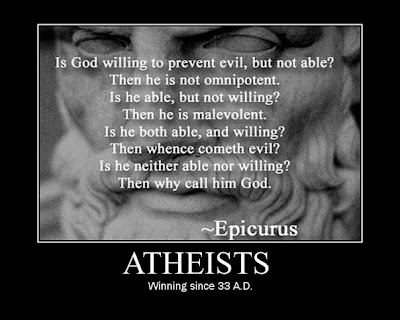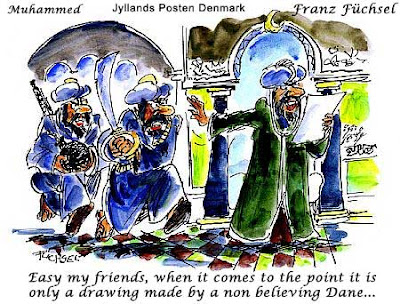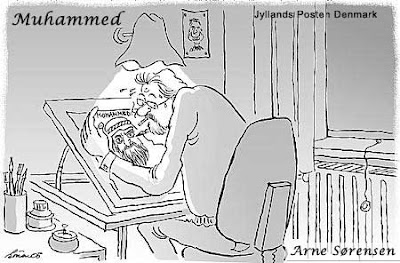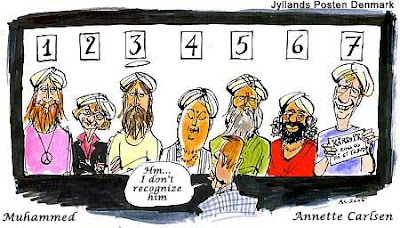I'm a born atheist and ever since childhood I never could figure out how people could suspend logic and reasoning when it came to the point of religious beliefs.
I've followed a lot of discussions and I've noticed, especially from the theist viewpoint, that most discussions about the evidencing and proving of the god entities and actions jumps around a lot. Usually it comes down to the point where a theistic standpoint is reached which has almost nothing to do anymore with the initial premises, but can't be reliably disputed. The theist assumes that argument is won and "feels" the entire discussion is won at that point. Further discussions tend to reach that point sooner or later and reinforce his/her viewpoint. Almost any basic premise can eventually be validated in this way.
It is now my current assumption that this sort of "tactics" play a major role in maintaining religiosity in many of the theistic adherents. The flaw in logic that individual arguments can be won or lost in an overall discussion seems to be inherent
to all religious posters.
I've build a sort of layer framework for myself to deal with these jumps. As a general rule I tend to consider an argument as "lost" when it jumps a layer up. The difficulty sometimes comes when more experienced (atheist) posters immediately use arguments from a higher layer to invalidate the initial standpoint. This is not so much about jumping layers as it is experience with these types of discussions and where they will end up, and attack the final arguments. Also, some points are almost between layers. Issues that are at the razor's edge of current scientific understanding fall in that grey area for instance. A lot of discussions about origin of life / abiogenesis are like that, but the discussions in these grey area's are usually at the higher of the 2 layers.
The layers I use, though they probably need finetuning, are as follows:
Layer 1 - creator god
Basically a Deist version of gods. The properties of this entity encompass basic god-like things like creator of the universe / this world / men.Other properties in this layer are being outside of reality / being reality itself, all-knowing, all-powerfull, timeless.
Layer 2 - indirect god
Building on the first layer, additional properties are assigned. Layer 2 gods influence our current universe, but do so via non-obvious methods. The extras in this layer describe things that are outside of our verifiable perception and are usually only known via holy texts or preacher claims. Describing properties are things like handling the afterlife, influencing decisions and things like comforting people in times of need. Another part of this layer are claims about the will or purpose of the god in question as well as other defining characteristics of the entity itself.
Layer 3 - direct god
At this layer the god is claimed to directly influence events in the world. It's often claimed to respond to actions done by people or is assigned handling events of nature. This can be both current as in the past, but all describe (currently) verifiable events.
Basically, layer 1 can not be proven true or false, though a logical base position would be false. Layer 2 is where most discussions happen because it can usually only be interfered. The theist arguments are often (based in) scripture or precedent, atheist arguments are mostly logic. Layer 3 is a bit weird. Theistic arguments in this layer are general proven false in seconds, but the majority of theists assume it's all true. Theist arguments are usually claims and scripture, atheist arguments in this layer are mostly evidence based.
Let my try a fictitious example to illustrate my framework:
T: Prayer works, because I prayed for the lottery and won it (Layer 3, assuming the Christian god where prayers are answered)
A: But praying doesn't always work, "states an example". Also, exhaustive tests have proven that prayer does not beat statistical odds.
T: God decides which prayers are answered (jump to Layer 2, basically the "Prayer works" argument is lost here and the discussion suddenly goes about a Layer 2 subject: god's will)
If the discussion rests at this point (it usually doesn't, but let's assume for the sake of argument), T will take it that the argument is won, therefore the discussion is won and relates that back to the point where T assumes the initial standpoint is also valid.
Another example, please keep in mind this is just to illustrate my point and are not exhaustive discussions:
T: Adam and Eve were the first humans and they were cast out of Eden (Layer 3, specific actions done by the god)
A: The fossil record proves Adam and Eve never existed and thus were never cast out of anything
T: Then where did good and evil originate from if not from god's punishment (jump to Layer 2, the discussion of A&E is lost and the discussion focuses on the Layer 2 subject "good and evil")
A: Good and evil are subjective generalizations of (genetic) survival instincts, influenced by cultural values and memes
T: It was god's plan when he created to universe that humans would turn out this way (jump to Layer 1, abandoning the good and evil argument and focusing on the Layer 1 subject of the creation of the universe)
Generally when you get to Layer 1 there are no persuasive arguments or evidences to be found to convince either participant in the discussion. This usually means the theist assumes a form of victory (it's not a loss...). This "feeling" then gets applied to the whole discussion and both the Layer 2 and even Layer 3 arguments are then assumed to be true as well.
So despite being falsified at the start, the theist still assumes Adam and Eve were real at the end of the discussion. This makes religious discussions basically useless because there is always a higher layer. It does explain a lot of weird assumptions and ideas that keep popping up as if they were never refuted though.
On the flip side, I have encountered a few issues where no decent arguments could be made (for or against) without jumping to a higher layer. This jump needs to be justified though, so the basic premise that jumping is an automatic loss can be circumvented if the need arises. There are not many of these kinds of issues though and I can't recall any out of hand.
So.. does anyone care to shoot holes in this framework idea?
Addendum - Expansion on the Framework Concept:
It isn't only confined to online discussions but is actually a basis for a large part of theologian/apologetic argumentations. I was pointed to the 4 Horseman interview, with 4 big names of the atheist "movement", where at one point it was noted that priests tell their flock literal meanings of the bible, but when asked about it by sceptics they immediately say it is all metaphorically. The metaphorical meaning is then defended but the literal meaning is still preached. This points to the idea that the jumping layers effect is quite common even in professional circles.
Written by Kilmer of AvC : An AvC thread : Layers Of God Discussion and alt.atheism












